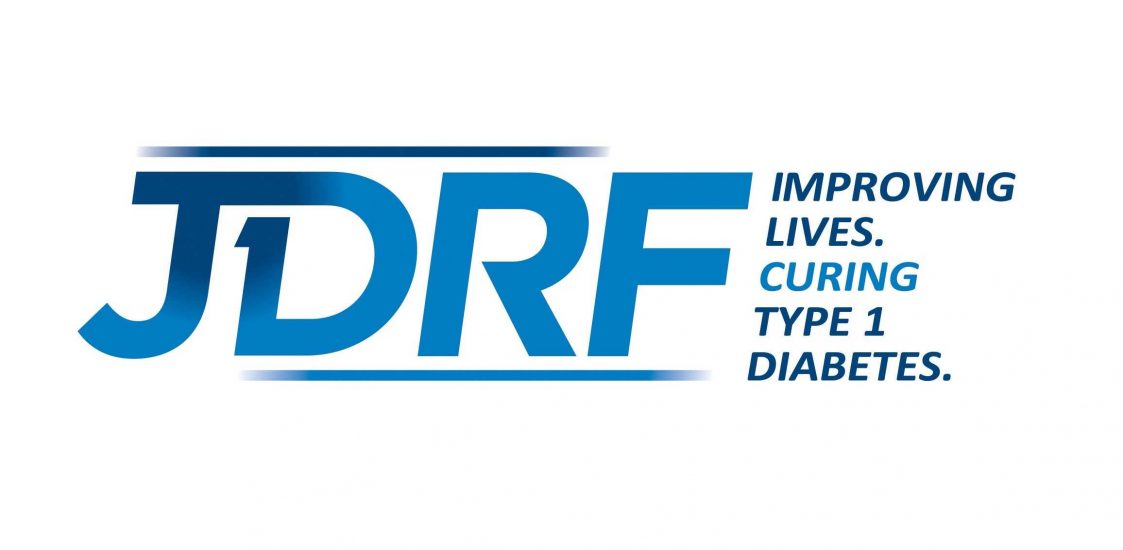Type 1 diabetes support resources for adults and parents of teens

Introduction
Although traditionally associated with children and originally referred to as “juvenile diabetes”, new research shows that onset of type 1 diabetes (T1D) is just as likely to occur in people older than 30 years of age as in those younger1. According to the Australian Institute of Health and Welfare, in 2016 the peak age group of diagnosis was 10–19 years. Recognising the lack of resources for older age groups, JDRF Australia have developed two resources – the Straight to the Point book for adults and the Teen Toolkit for parents of teens with T1D.
This article will discuss how these resources can be used to provide support, who they are for, some of the major topics they address and how they can be accessed.
Straight to the Point
While a diagnosis of T1D is overwhelming at any age, dealing with the diagnosis as an adult can be an exceptionally challenging experience. The transition from “life before diabetes” to the new reality of accepting it as a part of everyday life can vary from person to person and each individual has different ways of coping. Recently updated, Straight to the Point addresses different strategies for coming to terms with the diagnosis of T1D as an adult, tackles common myths about T1D and covers key aspects of diabetes management from nutrition and exercise to technology.
The book aims to provide the reader with a credible source of practical help, written and reviewed by diabetes experts. It aims to provide a realistic expectation of what life with T1D is truly like while dispensing useful tips such as important equipment to always keep at home or in your bag, the financial impact of T1D and how to connect with others with T1D. It also features case studies of people diagnosed as adults and their journey of coming to terms with T1D.
The book also covers important themes of living life with T1D: managing blood glucose levels, learning to live with T1D (including managing sick days and shift work), staying healthy and enjoying life (including tips for travelling and adjusting insulin if drinking alcohol) and research progress.
Acknowledging that not all relevant resources can be contained within one book, ‘Straight to the Point’ includes links to further information as well as places where adults with T1D can reach out to others going through similar experiences. For example, Facebook T1D Connect groups moderated by JDRF for 14-24 year olds and 25+ year olds provide a supportive space for people to connect. Bringing a great amount of information together, the book isn’t meant to be read from front to back, but rather used as a reference tool to come back to as needed.
The book was written by Dr Jane Overland NP CDE MPH PhD, Michael Sluis and Rachel Reyna. The third edition of the book also contains contributions from Dr Carmel Smart APD BSc PostGradDipNutrDiet PhD, Dr Kirstine Bell APD CDE PhD, Lucy Casson RN NP DIP HE BA (Hons), MA (Nurs Orac) CDE and Lisa Engel D. Psych (Health) CDE.
Straight to the Point is a free resource available as a download from the JDRF Australia website. Hard copies can also be provided to clinics to give out to individuals with T1D.
Teen Toolkit
For many parents, the teen years are full of uncertainty and challenges. Even the most confident and involved family, worry about how they will navigate this tumultuous time. When a child has T1D, this adds a whole new layer of complexity into the mix. The Teen Toolkit has been designed as a guide to help parents make the journey a much more manageable experience, get a grasp on what to expect and understand how to deal with the many issues facing teens with T1D. From driving to drinking and hormones to school issues, the toolkit helps parents think ahead, plan ahead and be prepared. It touches on topics such as the physiology of teen years, how to maintain an open channel of communication and ways of dealing with rebellion or risky behaviour. Most importantly, the toolkit takes parents through some of the strategies to help their children transition to self-care as they step into a more independent phase of their lives.
Conclusion
Although the toolkit includes some of the more important tools that parents will need, it also provides a list of additional resources and information that they might find helpful. Originally developed by JDRF International, the toolkit was edited and adapted to create an Australian edition with the help of Jane Baron (Volunteer, Educator and Founder of ‘Globally Grounded’) and Gael Holters (Clinical Nurse Consultant, RN and CDE).
The toolkit can be accessed online through JDRF Australia’s website and is a free resource downloadable by anyone interested from https://jdrf.org.au/teen-toolkit/.